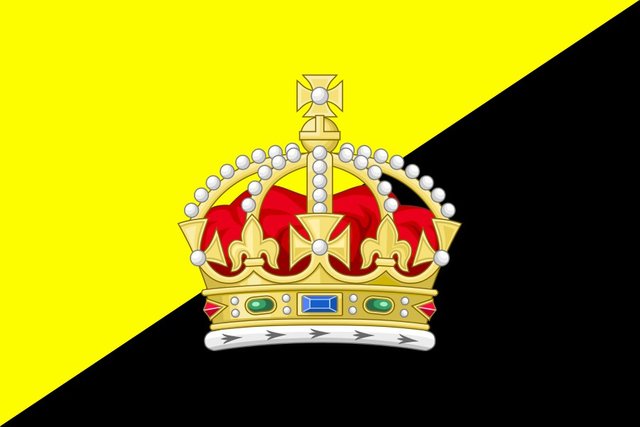
By Insula Qui
Author’s note: The main themes of this series will be further expounded upon in my upcoming book Anarcho-Monarchism, which will be available in April.
Introduction
Part III concluded by asserting that without governance in a libertarian social order, each property holder is vulnerable to social and economic issues, to say nothing of conquest. But the reasons provided did not form a definitive case for why it is necessarily true. There still could be an appeal to private defense agencies, decentralized collaboration, and independence. Thus, let us consider the fundamental reasons why people are so drawn to governance.
The Necessity of Governance
A benefit of governance is that it can regulate both the economy and society. This is completely counter-intuitive to almost any libertarian, but there is a good case to be made for government regulation on a completely anti-state basis. Provided that government is formed voluntarily, it will regulate effectively at least insofar as fulfilling the wishes of the public is effective. But as libertarians, should we not be opposed to economic and social intervention? Should we not challenge social systems whenever they encroach upon private affairs? Individualism would imply that whenever social systems invade the lives of individuals, the results will be undesirable. This is certainly true insofar as we are talking about the democratic nation-state, which is rarely held accountable for what it does. However, if governance is completely voluntary, then it fulfills important roles via regulation. First, it prevents social problems caused by incohesion that people wish to avoid. If, for example, the majority of a population want to end drug use, they would need to unite into a covenant to do so. By imposing a cost of, for example, mandatory rehabilitation for people caught with drugs alongside a confiscation of any drugs on all property in an area, a covenant community could greatly reduce drug problems in their society.
If one finds this to be disagreeable, one can attempt to find property owners who do not wish to impose any such conditions or withdraw one's sovereign property from associations that require such conditions. No one is entitled to use drugs on the property of someone who disallows it or to violate a contract that binds one to abstain from drugs. Each person could certainly exit such a contract by the means specified therein and be completely free to do whatever they themselves want. Though contracts without an exit are unlikely, it would be a matter of personal responsibility not to enter into such an agreement. (This is unlikely because most people desire to prevent any imposition of costs that could arrive with changing circumstances and unchanging contracts.)
Community and Individual
Whereas most people wish to have their communities conform to their personal values, it is of vital importance to have a mechanism by which this is possible. That mechanism is the structure of governance that would take shape in a completely voluntary society. We can all remain nihilistically uninvolved with our communities, but this is dispreferable and value-destructive for most people. Furthermore, even keeping a purely individualist view, one can see a community as a market with people contributing to it and, in exchange, receiving status. This also applies in reverse as whenever people go against the community, they must be sanctioned. This must be the case because a community is formed of individual interactions which create either utility or disutility within the social realm.
Read the entire article at ZerothPosition.com
A wonderful and cognitive article. I'm sure you can teach people.
Downvoting a post can decrease pending rewards and make it less visible. Common reasons:
Submit